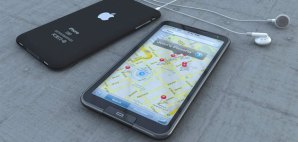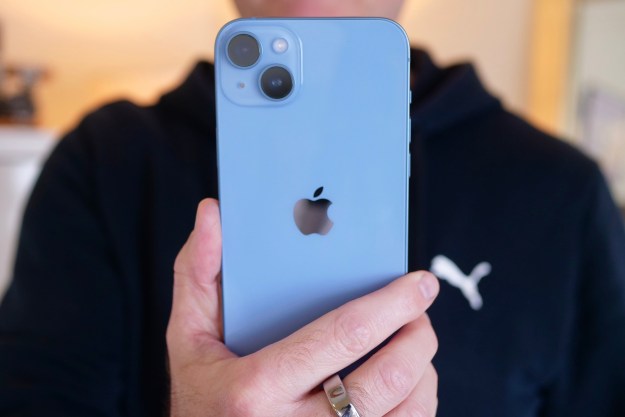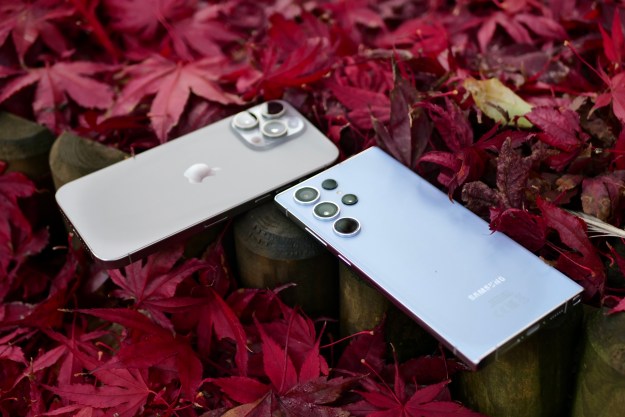
The results of a new survey conducted by online shopping site PriceGrabber shows the kind of consumer purchasing eagerness that most companies can’t even dream about: according to a phone survey with over 2,800 American consumers, some 35 percent plan to buy the Apple iPhone 5—or whatever the next iPhone may be—as soon as it’s released. Moreover, some 51 percent of respondents indicated they plan to buy Apple’s next smartphone within its first year of availability, with 30 percent planning to purchase it before the end of 2011.
Of course, there’s one little hitch in these plans: Apple hasn’t made any announcements about an iPhone 5, iPhone 4S, iPhone 4+, or any other follow-up to the existing iPhone 4.
“Our survey data confirms the strong following Apple has built around its iPhone,” said PriceGrabber general manager Graham Jones, in a statement. “Anticipation and brand loyalty are certainly high, but in today’s 24-7 work culture and uncertain economic environment, consumers are cautious to look for a reasonably priced phone that will perform optimally over an extended time period.”
Apple’s iOS mobile operating system also showed strong brand loyalty amongst consumers in the PriceGrabber survey, with 48 percent saying they preferred Apple’s iOS amongst smartphone operating systems, compared to 17 percent for Android, 7 percent for Microsoft Windows, and 6 percent for BlackBerries. And 69 percent of respondents indicated that if they got a smartphone as a gift, they’d want it to be an iPhone 5. No other smartphone model—extant or not—even got a double-digit response.
Of course, the lack of definitive word from Apple about future iPhone models hasn’t put any damper on the rumor mill, with reports of the next iPhone going into production next month, and additional reports have Apple preparing a second, low-cost contract-free iPhone for launch in the next few months. Of course, Apple isn’t having any trouble selling the iPhone 4, or even the previous iPhone 3GS: the company sold some 20.34 million iPhones worldwide in the last quarter alone.
Editors' Recommendations
- Here’s how Apple could change your iPhone forever
- 10 iPhone productivity apps you need to download right now
- Why you should buy the iPhone 15 Pro Max instead of the iPhone 15 Pro
- This is our best look yet at the iPhone 16’s big design changes
- This could be our first look at iOS 18’s huge redesign


